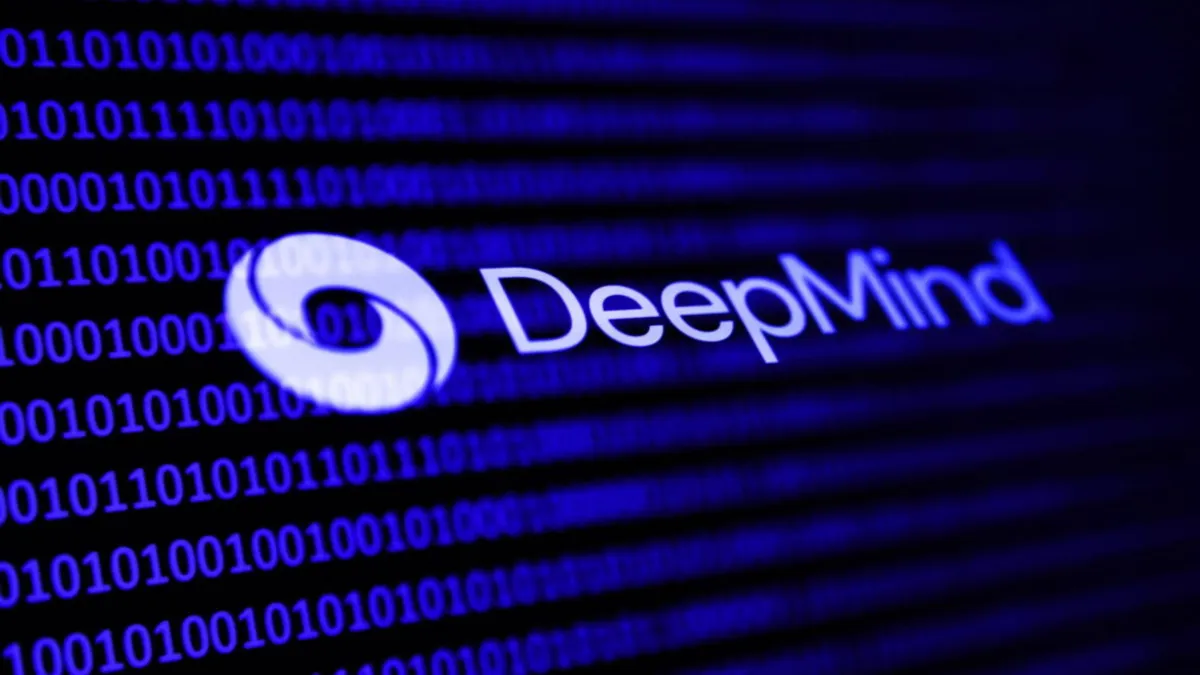
Google's artificial intelligence division, DeepMind, is currently navigating a significant transformation in its approach to research publication. Under the leadership of Nobel Prize-winner Sir Demis Hassabis, DeepMind has implemented stricter vetting processes and increased bureaucracy that have made it more challenging to publish studies related to its AI innovations. Current and former researchers have raised concerns about these changes, which seem to prioritize competitive advantage over the traditional ethos of sharing knowledge.
According to seven current and former scientists at Google DeepMind, the organization has become increasingly hesitant to share papers that showcase advancements which might be leveraged by competitors. Particularly, three former researchers indicated that the group is cautious about publishing findings that might portray Google's own Gemini AI model unfavorably when compared to other AI systems, such as those developed by OpenAI.
This shift marks a notable departure from DeepMind's established reputation for releasing groundbreaking research and fostering a collaborative environment for top scientists in the field of artificial intelligence. Historically, significant contributions from Google researchers, including the 2017 paper on “transformers,” have been pivotal in the rise of generative AI. However, as DeepMind has evolved into a crucial component of Google's strategy to monetize cutting-edge technology, concerns have surfaced regarding its competitive standing against other key players in the AI market.
Changes in DeepMind's publication policies include a six-month embargo on “strategic” papers concerning generative AI before they can be released. Researchers are now required to gain consensus from multiple team members regarding the merits of their publications, adding layers of complexity to the process. An insider revealed that these adjustments aim to alleviate frustrations among researchers who invest time in projects that may not receive approval due to competitive reasons.
Despite these hurdles, DeepMind is still prolific in its output, contributing hundreds of papers annually to major AI conferences. However, the company has faced criticism for prioritizing product development over the dissemination of research aimed at public benefit. One former researcher expressed disillusionment, stating, “The company has shifted to one that cares more about product and less about getting research results out for the general public good.”
The apprehension surrounding Google's position in the AI landscape played a significant role in the merger of DeepMind and Brain AI units in 2023. This merger has accelerated the rollout of AI-enhanced products, but has also intensified the internal competition for access to data and computing resources. As Google unveils a variety of AI-powered products—such as improved AI-generated summaries above search results and the innovative "Astra" AI agent—the pressure to maintain a competitive edge continues to mount.
Despite the challenges, DeepMind remains committed to its mission. Hassabis has been vocal about balancing the commercialization of AI breakthroughs with his long-term goal of achieving artificial general intelligence (AGI). “Anything that gets in the way of that he will remove,” noted a current employee, reflecting the company's focus on results in a business context rather than an academic one.
As DeepMind navigates this new landscape, the implications for its researchers are profound. The tightening of publication processes is seen by some as a potential career impediment. Former staff members have indicated that the prioritization of projects aimed at enhancing the Gemini suite of AI products could limit opportunities for broader research initiatives. The sentiment among some researchers is clear: “If you can’t publish, it’s a career killer if you’re a researcher.”
In conclusion, while DeepMind continues to make significant strides in the AI sector, the evolving publication policies reflect a strategic pivot towards maintaining a competitive edge. As the AI landscape rapidly changes, the balance between innovation, transparency, and commercial viability remains a critical challenge for DeepMind and the broader AI community.